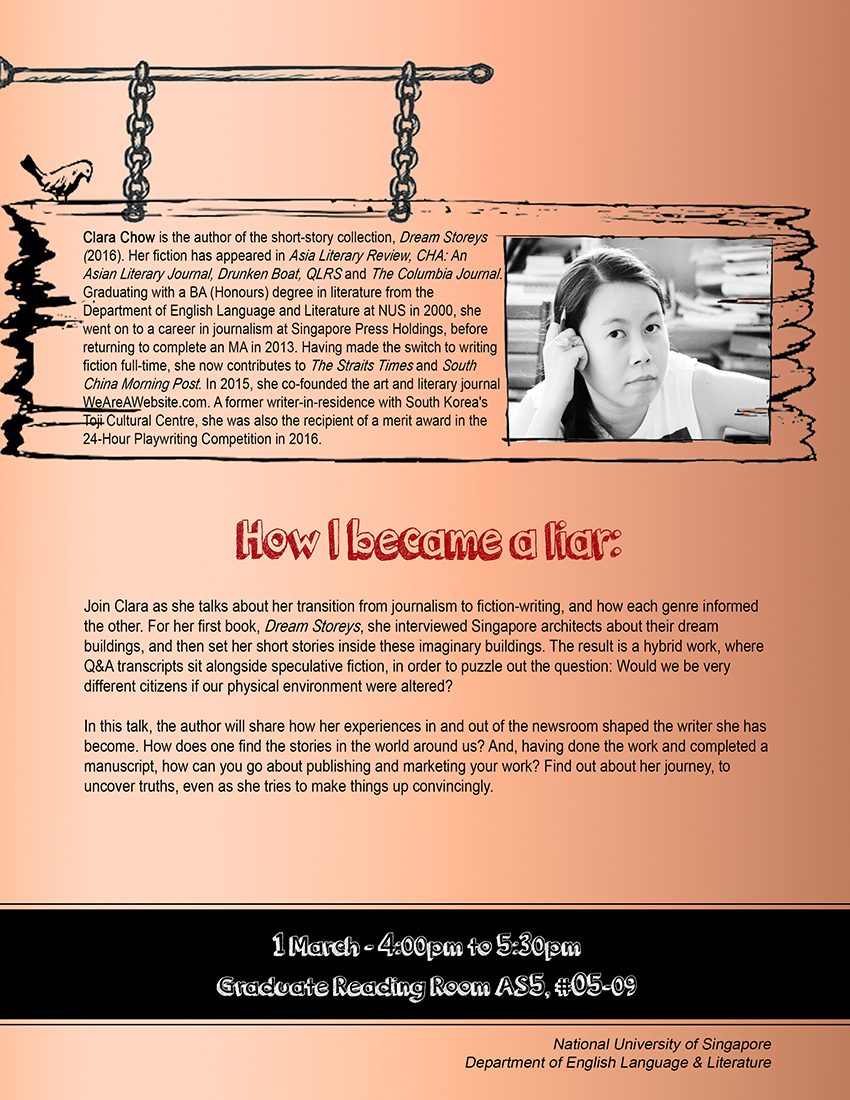Monday, 27 February 2017
Channel NewsAsia Online
This was a report on new education-related initiatives that NUS will be introducing in the new academic year. Students looking to study at NUS can directly apply to about 70 new combinations of Double Major or Major-Minor combinations spread across 16 subject areas in Business, Humanities, Social Sciences, as well as Science and Technology. Professor Tan Eng Chye, NUS Deputy President (Academic Affairs) and Provost noted that to be an effective contributor in the workplace of the future, graduates need to develop deep expertise in more than one core discipline. He added that the University saw students gaining knowledge in multiple fields in recent years, often outside of their core disciplines. Therefore, to encourage students to expand their domain expertise, NUS has developed a broad suite of combinations for students doing a single-degree major to pursue a second major or a minor. Prof Tan also highlighted that the new combinations have been structured such that students will be able to complete all modules within four years.


